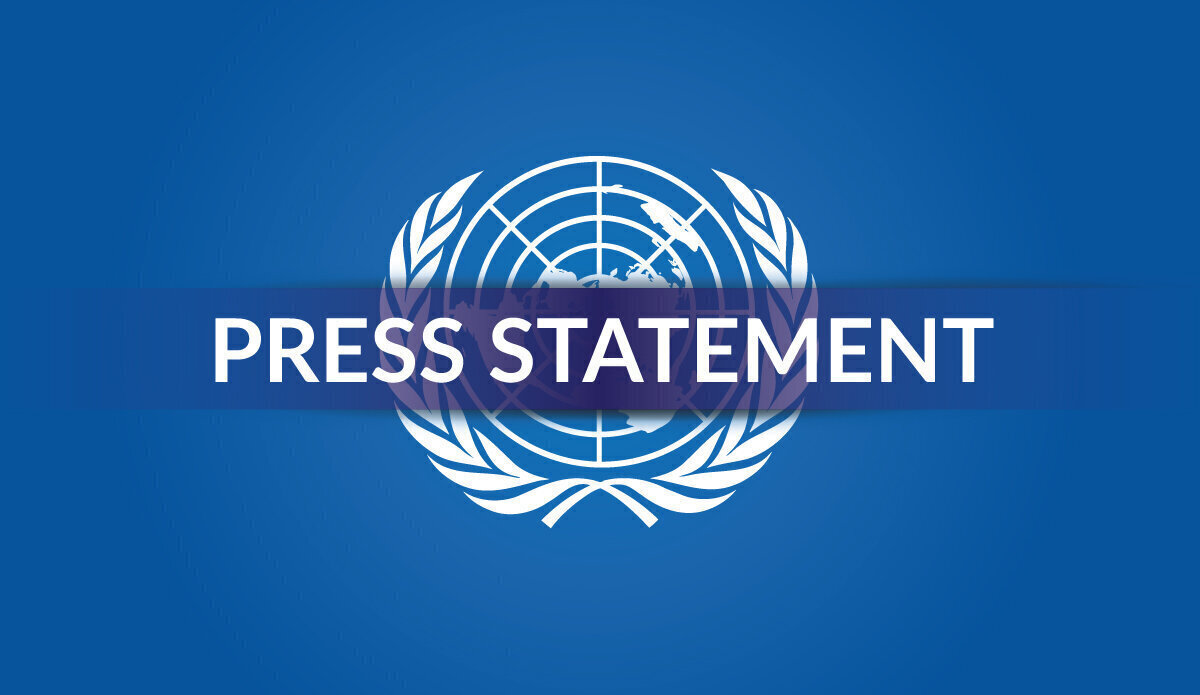On International Anti-corruption Day, UN calls for greater effort in fight against corruption and increased involvement of Somali women and youth
Mogadishu – Marking International Anti-Corruption Day, the United Nations in Somalia today called for greater efforts to prevent and fight corruption and highlighted the special role that women and youth have to play.
“Corruption affects Somalis’ daily lives, and it is crucial to now focus on translating the commitments Somalia has made into effectively-implemented laws and holding to account those who break them, to demonstrate resolve to counter this menace. In this regard, the government’s stated commitment to improving integrity practices is a positive step,” said the UN Secretary-General’s Special Representative for Somalia, Catriona Laing.
“With more than half of Somalia’s population comprised of adolescents and youth, and with women and girls particularly affected by marginalisation and exclusion, it is essential to empower Somali women and youth to become agents of change in an effort to break the spiral of corruption,” Ms. Laing added.
In 2021, Somalia acceded to the UN Convention against Corruption, the world’s only legally binding universal anti-corruption instrument, and it has made commitments as a participating State in the Convention’s Implementation Review Mechanism. These commitments now need to be translated into concrete actions to bring Somalia’s legal and institutional framework in line with the international standards set by the Convention for the prevention and fight against corruption.
In Somalia, the UN has established an Anti-Corruption Taskforce to coordinate and foster joint efforts, with a focus on enhancing existing capacities and commitments of Somali counterparts. The UN is also developing a comprehensive multi-year project to provide technical support to various government ministries.
The UN General Assembly designated 9 December as the annual International Anti-Corruption Day in 2003 to raise awareness of corruption and of the role of the Convention in combating and preventing it.
 UN
UN





